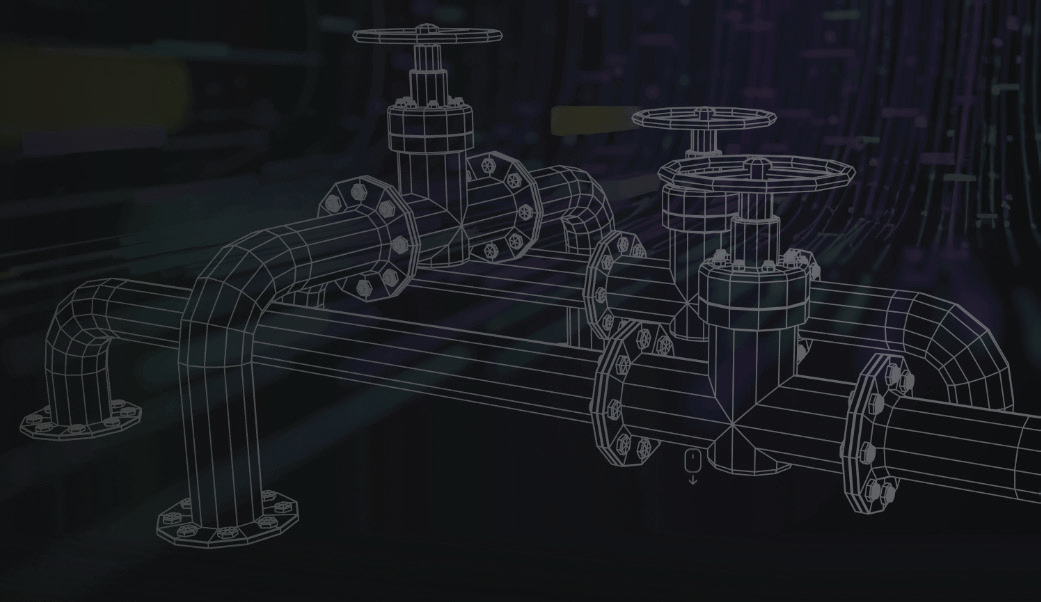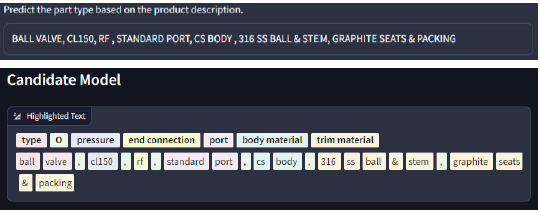A long-discussed topic within the pipe, valve, flange, and fitting industry revolves around adopting a universal standard for product descriptions. This initiative aims to solve a significant language barrier existing between end users, EPCs, distribution channels, and manufacturers. Instead of burdening multiple major industry players with the challenge of unifying diverse stakeholders under a single standard, a more viable approach might be to embrace the transformative potential of AI-powered translation. This technology offers scalability, adaptability, and real-time efficiency and accuracy that surpass human capability.
By Marty Dytrych, CEO – Industrial Data Labs
The Limitations of Universal Standards
Universal standards, though appealing in their simplicity, come with significant drawbacks. First, the establishment of a universal standard necessitates broad consensus across a highly diversified industry. The pipe, valve, fitting, and flange industry, comprising a myriad of players with varied preferences and processes, makes this task akin to aligning the stars.
Second, even if such a standard were to be established, its rigidity could become its Achilles’ heel. The PVFF industry, like any other, is in a state of constant evolution. Requirements that are relevant today may become obsolete tomorrow, necessitating frequent, laborious updates.

Enhancing Supply Chain Efficiency with Standardized Specifications
An important aspect of the universal standards debate is the impact on the supply chain. Standardizing the specifications for procuring equipment can streamline the entire supply chain, making it more efficient, faster, and cost-effective. Such standardization can reduce misunderstandings and delays, leading to a more seamless flow of products from manufacturers to end-users. However, the challenge lies in implementing these standards without compromising the unique needs and processes of each stakeholder in the industry.
Embracing Company-Specific Languages with AI
A significant edge that AI-powered translation holds over universal standards is its ability to respect and work with the unique language of each company. In the PVFF industry, every company has developed its own dialect, so to speak – a specific way of describing and cataloging products that align with their internal processes and culture. Universal standards, in their quest for uniformity, often overlook these individual nuances, inadvertently forcing companies into a one-size-fits-all model that can be inefficient and cumbersome.
AI translation, in contrast, thrives on this diversity. It does not just trans- late; it interprets, understanding the specific lexicon and syntax unique to each company. This approach means that companies do not have to wait for the distant ‘alignment of the stars’ – a consensus on standards that may never truly reflect their individual needs. In- stead, they can continue to use their established, familiar language, confident in the AI’s ability to translate and communicate these details effectively and efficiently in real-time.




Real-Time Efficiency and Scalability
In an industry where time is money, the efficiency of AI in quickly translating and organizing product descriptions is invaluable. This real-time processing, coupled with the inherent scalability of AI systems, ensures that as the industry grows and evolves, the AI solutions adapt and scale accordingly. This dynamic nature of AI makes it not only a solution for today’s challenges but also a resilient tool for future developments.


AI’s Role in Shaping a More Efficient Future for the Industry and Its Supply Chain
While the idea of a universal standard for product descriptions in the PVFF industry carries a certain allure, it is the flexibility, real-time efficiency, and scalability of AI-powered translation that truly aligns with the industry’s current and future needs. This approach not only allows companies to retain their unique linguistic identity but also ensures efficient communication and operations, significantly enhancing the overall supply chain efficiency. Standardizing specifications through AI can streamline sales procurement processes, making them faster and more cost-effective, while also accommodating the specific needs of each industry player.




